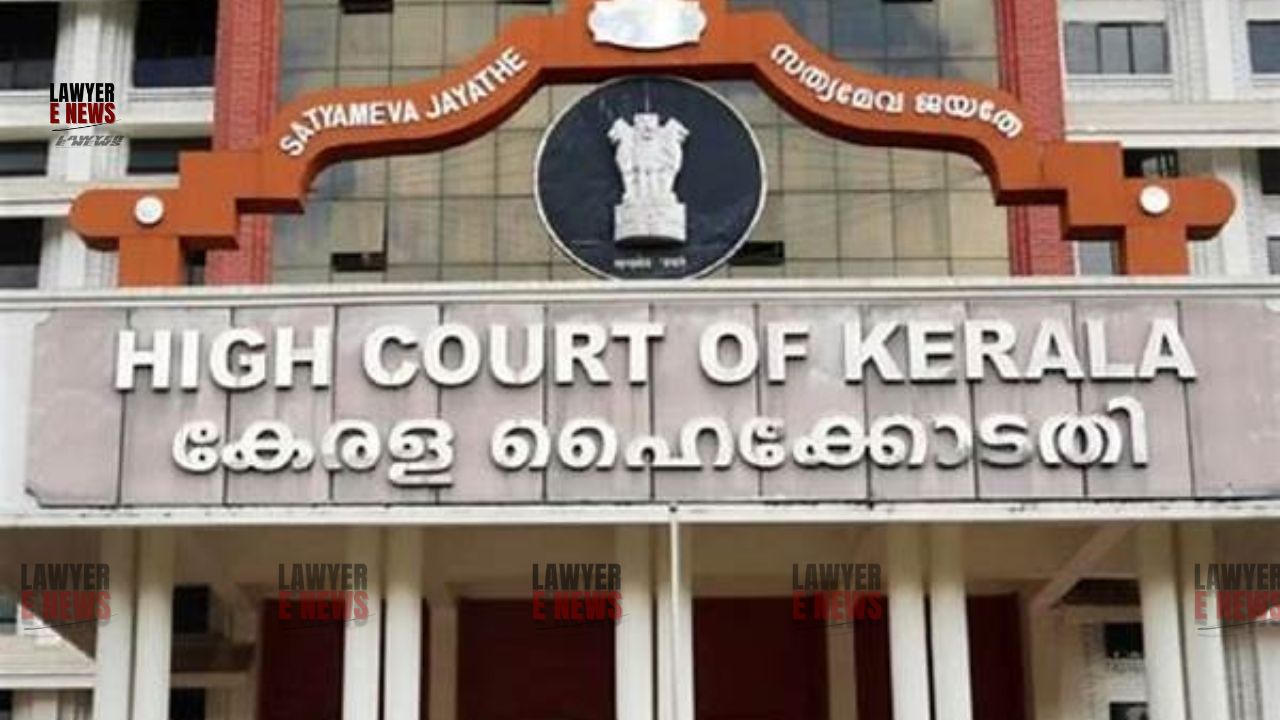-
by Admin
15 February 2026 5:35 AM



Kerala High Court, presided over by Justice K. Babu, ruled in the case Crl.A No. 1218 of 2024. The case involved nine appellants accused of offenses under the Scheduled Castes and Scheduled Tribes (Prevention of Atrocities) Act, 1989, and various provisions of the Indian Penal Code (IPC). The court set aside a previous decision denying bail, granting anticipatory bail on grounds that the prosecution had not established a strong prima facie case.
The case originated from Crime No. 381/2024 of Kumily Police Station, where the appellants, none of whom belonged to the Scheduled Castes or Tribes, were charged with multiple offenses under the IPC.
Additionally, the appellants were charged under Sections 3(1)(s), 3(1)(w)(i), and 3(2)(va) of the SC/ST Act for alleged caste-based abuses and offenses.
The court noted that a prima facie case is required for denying anticipatory bail under Section 18 of the SC/ST (PoA) Act. Referring to key precedents such as Prathvi Raj Chauhan v. Union of India and Subhash Kashinath Mahajan v. State of Maharashtra, the court reiterated that the bar on anticipatory bail does not apply if the case lacks prima facie evidence or appears motivated by malice.
The materials presented in court indicated that the parties had hostile relations and that the incident stemmed from a political rivalry between two groups. This raised doubts about the authenticity of the allegations. The court observed, "The possibility of false implication cannot be ruled out."
In granting bail, Justice K. Babu emphasized that arrest should be the last resort, especially in cases involving anticipatory bail. The court cited precedents like Gurbaksh Singh Sibbia v. State of Punjab to highlight that anticipatory bail could be granted if there is suspicion of ulterior motives behind the accusation. Furthermore, the court noted that the accused in the connected case had already been granted bail.
The court ordered the appellants to cooperate with the investigation and imposed conditions on their release, including:
This judgment underscores the principle that mere allegations under the SC/ST Act do not automatically disqualify an accused from receiving anticipatory bail, especially in the absence of a solid prima facie case. The court carefully considered the factual background, political rivalry, and the potential for false implication in its decision.
Date of decision: 01/10/2024
Jayakumar S. & Others VS State of Kerala
